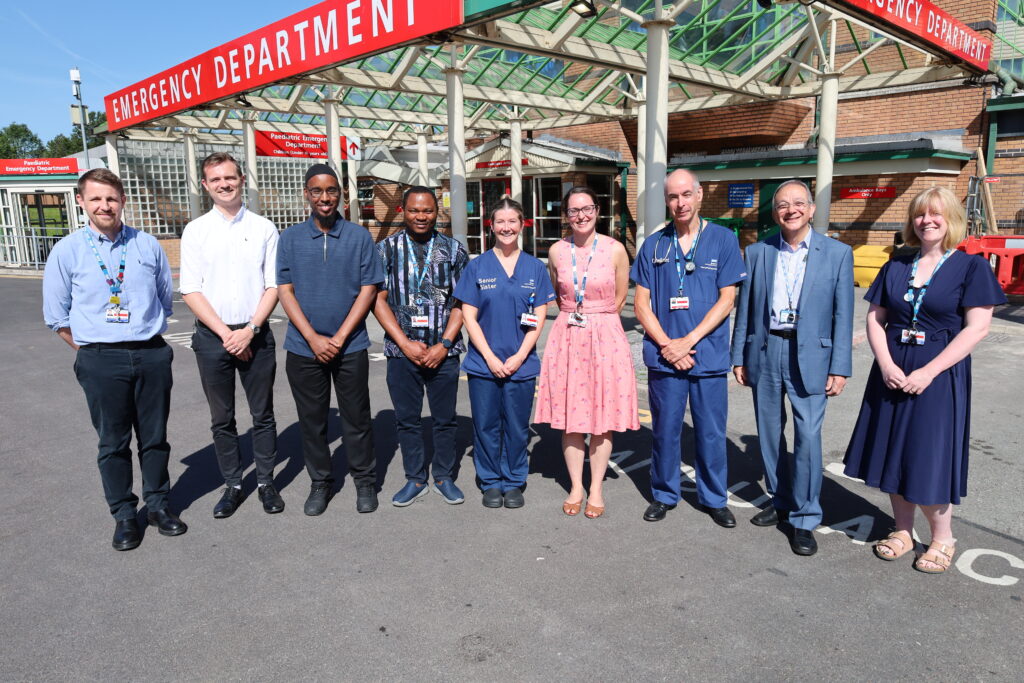Latest news
Bolton’s testing programme helps diagnose dozens of new cases of HIV and Hepatitis

- Dozens of people diagnosed with HIV and Hepatitis through Bolton’s opt-out blood testing scheme
- People aged 16+ who are having a blood testing in the Emergency Department are routinely tested
- Initative makes sure people know about undiagnosed conditions and signposts to life-saving treatment
Bolton’s new Emergency Department testing programme for blood borne viruses has helped to diagnose dozens of people living with HIV and Hepatitis.
The opt-out scheme, launched at Royal Bolton Hospital in March 2025, aims to routinely test people aged 16 and over who are having a blood test in the hospital’s Emergency Department.
The initiative is helping to diagnose HIV, Hepatitis B (HBV) and Hepatitis C (HCV), making sure even more people are being told about undiagnosed conditions and are being offered support and treatment, which can ultimately save lives.
During the first three months, Bolton NHS Foundation Trust conducted 7,604 HIV tests, 7,621 Hepatitis B tests and 7,591 Hepatitis C tests, significantly increasing the number of tests being carried out.
As a result of those tests:
- 14 people were newly diagnosed with Hepatitis B
- 8 people were newly diagnosed with Hepatitis C
- 3 people were newly diagnosed with HIV
Thousands of people in England are thought to be living with an undiagnosed bloodborne virus, such as HIV, hepatitis B or C, which can be effectively treated and even cleared in the case of hepatitis C.
The approach is aiming to normalise testing, reduce stigma and ensure those who are unaware of their status are able to receive timely care.
Dr Francis Andrews, Medical Director at Bolton NHS Foundation Trust, said:
Our opt-out blood testing programme is already helping to identify and treat many more people who are living with HIV and hepatitis.
“Blood borne viruses can go undetected for many years, which can lead to severe health complications. Through this programme we’re able to identify cases and signpost people the support, care and treatment they need, which could help save lives.
“The success of this programme has been built on the hard work and exemplary collaboration of different teams from across our organisation, including administrators, informatics, clinicians, nurses, healthcare scientists, and support staff, all of who play a vital role in turning routine care into a powerful method of early detection and public health impact.

Since the programme launched in Greater Manchester in December 2021, more than 300,000 people have been tested. More than 120 people have been newly diagnosed with HIV, 320 with HCV and 140 with HBV.
To find out more about the testing programme, read our Frequently Asked Questions and find links for support, please visit our dedicated webpage.